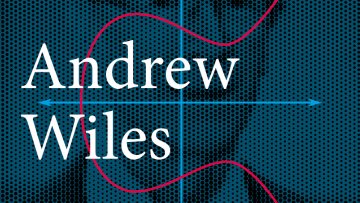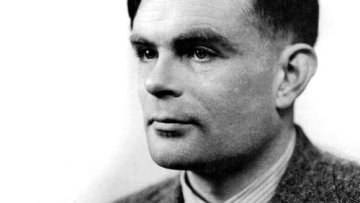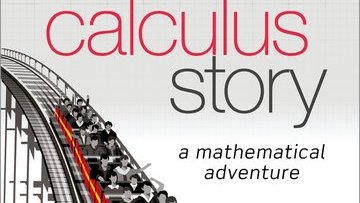Tomosynthesis with nonlinear compressed sensing
Abstract
A new generation of low cost 3D tomography systems is based on multiple emitters and sensors that partially convolve measurements. A successful approach to deconvolve the measurements is to use nonlinear compressed sensing models. We discuss such models, as well as algorithms for their solution.




